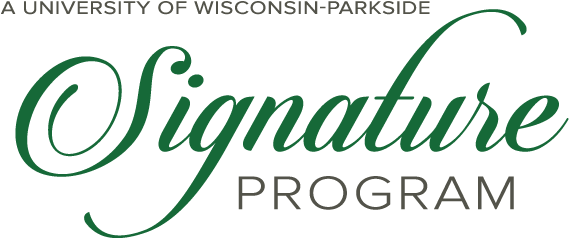Pre Athletic Training concentration
The pre-athletic training concentration at Parkside is designed to help you gain the necessary academic and professional requirements for you to be a competitive candidate for professional athletic training programs. According to the Bureau of Labor Statistics, employment in an athletic training career has a projected growth rate of 23 percent from 2016-2026. This is due to an ever increasing population of active middle-age people and an awareness of the effects of sports-related injuries.
According to the National Athletic Trainers Association athletic trainers are, "…health care professionals who collaborate with physicians to provide preventative services, emergency care, clinical diagnosis, therapeutic intervention and rehabilitation of injuries and medical conditions."
Most people commonly think of athletic trainers only in their capacity to work with injuries and athletic programs, however athletic trainers can work in diverse fields from sport organizations to corporate America.
The most common majors that students choose to complete their education are:
Applied Health Sciences Kinesiology and Sport Performance
UW-Parkside does NOT offer a Bachelor of Science in Athletic Training. Students who pursue this program need to apply to a professional athletic training program upon graduation from UW-Parkside to be eligible to sit for the national licensing exam in athletic training.

Course Highlights
Some of the courses you may take
Nutrition for Wellness | HLTH | 3 credits
The goal of this course is to develop an understanding of the interaction of good nutrition and exercise habits. Focus on nutritional strategies to maximize energy to get the most out of exercise. The needs and responses of special populations to diet and exercise will also be considered.
Sport and Exercise Biomechanics | KSP 340 | 4 credits
Explores the physiological changes of the human body, during and after exercise, and their implications to human performance.
Sport and Exercise Psychology | KSP 320 | 3 credits
Presents a theoretical overview of principles of sports, exercise, and rehabilitation psychology. Includes practical intervention skills, which can be applied in a wide variety of occupational situations.
Scientific Principles of Strength and Conditioning | KSP 415 | 4 cr
Examines theoretical and applied aspects of strength and conditioning including exercise physiology, biomechanics, nutrition, sport psychology and training adaptations. Covers exercise technique, flexibility development, testing, resistance training program design, periodization, plyometrics, aerobic and anaerobic conditioning, and facilities and risk management.
Graduate Record Exam
As a student in the pre-athletic training program you will receive:
- Assistance in obtaining shadowing/internship experiences with local athletic trainers
- Help to ensure that you are choosing the correct career pathway
- Experience required to gain acceptance into athletic training programs
- Assistance preparing for the GRE* – Graduate Record Exam (www.gre.org)
*The GRE is required to gain admissions into most athletic training programs in the United States.You will not be charged any money to receive this preparation, but it will cost you time and effort!
Athletic Training Program Pre-Requisites and Electives
Most athletic training programs do not have a great deal of required pre-requisite coursework, however, most programs require:
- One year of Anatomy and Physiology (BIOS 105 – A&P I and BIOS 106 A&P II)
- One semester of General Chemistry (CHEM 101/103 – 5 credits)
-
One semester of Biological Sciences with lab (BIOS 101 – 4 credits)
- One semester of Exercise Physiology (KSP 340 – 4 credits)
- One semester of Biomechanics (KSP 330 – 4 credits)
- One semester of Statistics (BIOS 210 – 4 credits or PSYC 250 – 3 credits)
- One semester of Psychology (PSYC 101 – 3 credits)
- One semester of Physics (PHYS 105 – 5 credits)
Other classes you may want to consider taking as electives to help you prepare for athletic training programs include:
- Neuroscience (PSYC 200 – 3 credits)
- Prevention and Care of Athletic Injuries (KSP 210 – 3 credits)
- Advanced Physics (PHYS 105 and 106 – 10 credits total)
- Advanced Psychology (PSYC 210 (Developmental) – 3 credits, PSYC 360 (Abnormal) – 3 credits)
Special Programs
Articulation Agreement for the Masters Degree in athletic training with St. Scholastica University in Minnesota.
A limited number of students who major in either Exercise Science or the pre-athletic training concentration within the Applied Health Science major have the opportunity to enter directly into the MS program in athletic training at St. Scholastica. You should see your advisor for more information about this agreement.
PROGRAM CONTACT INFO
William Miller | (262) 595-2308 | miller1@uwp.edu



